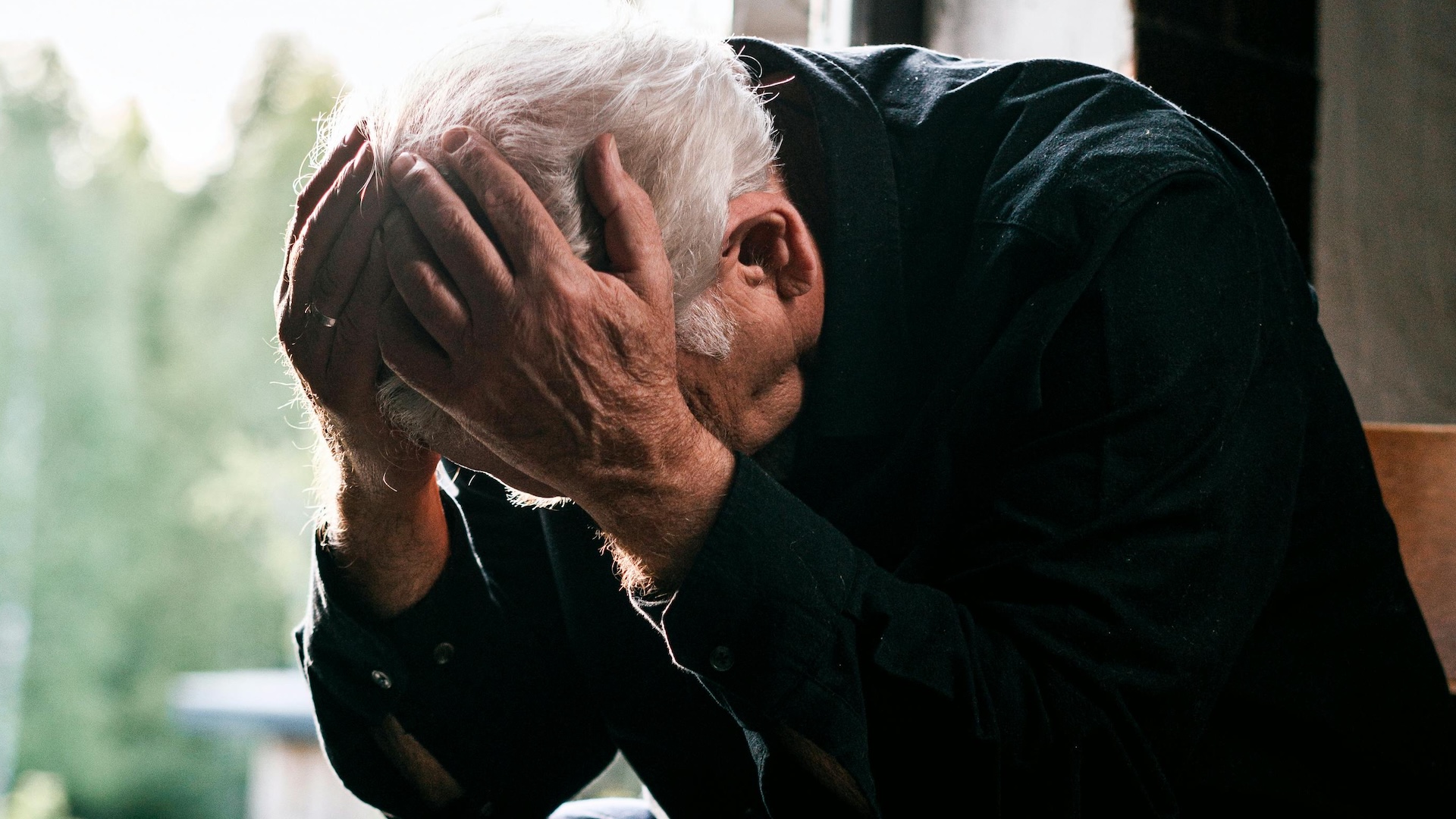Axing the universal winter fuel payment is expected to save the government around £1.5bn, but charities including the Centre for Ageing Better argue it will come at a cost.
Holly Holder, deputy director for homes at the Centre for Ageing Better, said: “There are hundreds of thousands of pensioners who will suffer the consequences of the decision to limit winter fuel payments to only those on extremely low incomes eligible for pension credit or other benefits.
“The pensioners identified in our research were already living on inadequate incomes before their winter fuel payments were taken from them. The majority of these people will not be able to afford to heat their homes to a safe level this Christmas or for the rest of the winter. Their health will likely suffer as a consequence.”
The minimum income standard is a benchmark amount which the public decide is needed for a “dignified” standard of living. It covers the cost of a single pensioner living in a one-bed social housing flat, having one coach holiday a year and being able to adequately heat their home, according to Centre for Ageing Better.
It currently stands at £17,200 for a pensioner living alone, and £27,800 for a pensioner couple. That is significantly higher than the threshold for pension credit, which is £11,344 for a single pensioner and £17,313 for a couple.
Holder said: “While we accept there is a case to be made for removing this universal right from pensioners who don’t need a winter fuel payment, this new research shows that the government is also removing support from people who desperately need it. We fear what will happen to them now it is no longer available.”
Around one in four pensioners (24%) with an income above pension credit eligibility but below minimum income standard have a limiting health condition or disability which could be exacerbated if they cannot afford to keep their home temperature at a healthy level.
Centre for Ageing Better launched its Safe Homes Now campaign earlier this year, calling for urgent action to improve the safety and quality of the UK’s homes by increasing the support and advice around home improvement.
Dr Carole Easton, chief executive at the Centre for Ageing Better, said: “We know that the winter fuel payment system was only ever a sticky plaster solution for our poor-quality housing crisis. It offered respite but not a solution.
“In removing the support so quickly, and in removing support from a significant number of low-income pensioners already in financial distress, the government has created an avoidable crisis. Now they must respond by increasing the ambition of their long-term solution, and the speed of its delivery.
“We need a national strategy to fix cold and dangerous homes across all tenures. This would not only help save people money on their energy bills but significantly reduce pressures on the NHS by limiting the damage poor quality homes do to their occupants’ health.”
Do you have a story to tell or opinions to share about this? Get in touch and tell us more. This Christmas, you can make a lasting change on a vendor’s life. Buy a magazine from your local vendor in the street every week. If you can’t reach them, buy a Vendor Support Kit.










